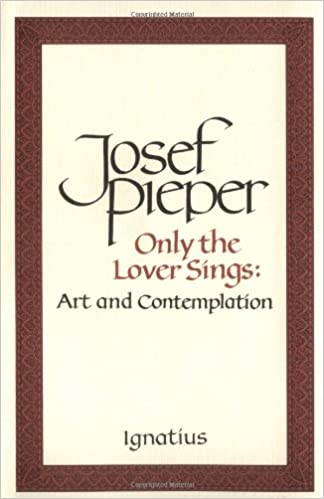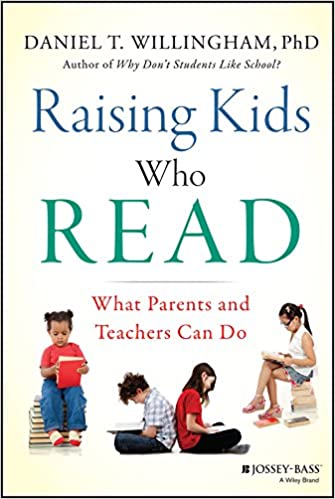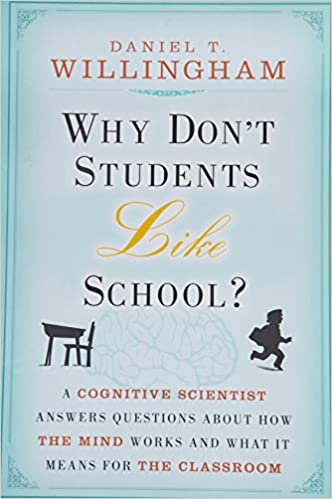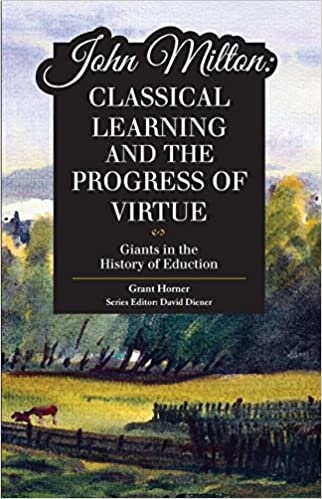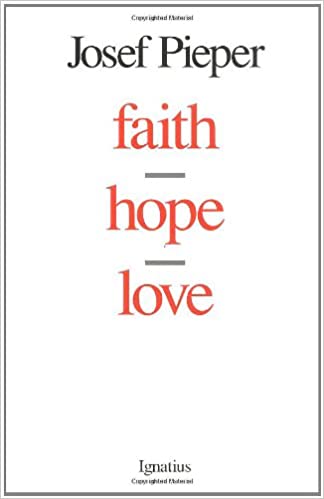Only the Lover Sings: Art and Contemplation
The popular and highly regarded Pieper speaks of the necessity for human persons to be able to contemplate and appreciate beauty to develop their full humanity. Pieper expresses succinctly that the foundation of the human person in society is leisure, free time in which one can contemplate, be receptive to being and its beauty.
More info →Leisure: The Basis of Culture
One of the most important philosophy titles published in the twentieth century, Josef Pieper's Leisure, the Basis of Culture is more significant, even more crucial, today than it was when it first appeared more than fifty years ago. This edition also includes his work The Philosophical Act. Leisure is an attitude of the mind and a condition of the soul that fosters a capacity to perceive the reality of the world. Pieper shows that the Greeks and medieval Europeans, understood the great value and importance of leisure. He also points out that religion can be born only in leisure -- a leisure that allows time for the contemplation of the nature of God. Leisure has been, and always will be, the first foundation of any culture. Pieper maintains that our bourgeois world of total labor has vanquished leisure, and issues a startling warning: Unless we regain the art of silence and insight, the ability for non-activity, unless we substitute true leisure for our hectic amusements, we will destroy our culture -- and ourselves.
More info →Raising Kids Who Read: What Parents and Teachers Can Do
Everyone agrees that reading is important, but kids today tend to lose interest in reading before adolescence. In Raising Kids Who Read, bestselling author and psychology professor Daniel T. Willingham explains this phenomenon and provides practical solutions for engendering a love of reading that lasts into adulthood. Like Willingham's much-lauded previous work, Why Don't Students Like School?, this new book combines evidence-based analysis with engaging, insightful recommendations for the future. Intellectually rich argumentation is woven seamlessly with entertaining current cultural references, examples, and steps for taking action to encourage reading.
The three key elements for reading enthusiasm―decoding, comprehension, and motivation―are explained in depth in Raising Kids Who Read. Teachers and parents alike will appreciate the practical orientation toward supporting these three elements from birth through adolescence. Most books on the topic focus on early childhood, but Willingham understands that kids' needs change as they grow older, and the science-based approach in Raising Kids Who Read applies to kids of all ages.
- A practical perspective on teaching reading from bestselling author and K-12 education expert Daniel T. Willingham
- Research-based, concrete suggestions to aid teachers and parents in promoting reading as a hobby
- Age-specific tips for developing decoding ability, comprehension, and motivation in kids from birth through adolescence
- Information on helping kids with dyslexia and encouraging reading in the digital age
Debunking the myths about reading education, Raising Kids Who Read will empower you to share the joy of reading with kids from preschool through high school.
More info →John Milton: Classical Learning and the Progress of Virtue
The Puritan poet John Milton is most famous for his massive theological epic Paradise Lost. He was also known as perhaps the greatest genius of the English Renaissance possibly the best-educated man of his day and also a major theorist of classical learning for Christians. The man who wrote the seminal words 'The end then of Learning is to repair the ruines of our first Parents by regaining to know God aright, and out of that knowledge to love him, to imitate him, to be like him . . . ' (Of Education, 1644) argues across all his voluminous writings that the purpose of education is soul work for virtue as opposed to information gathering for profit. In this book, Milton scholar Professor Grant Horner from The Master's College examines the poet's powerful vision of a Christian and classical education. Trained at Duke University by Stanley Fish, the world's most influential Miltonist, Horner approaches the text as a Christian educator himself, bringing the complex seventeenth-century texts into modern light for practical application. Addressing questions such as how to handle pagan texts, how to develop a theology of aesthetics, and why we must grapple with the relationship between pagan wisdom and scripture, this book will serve as a thorough and readable introduction to the complex thought of one of the Puritan intellectual giants.
More info →
